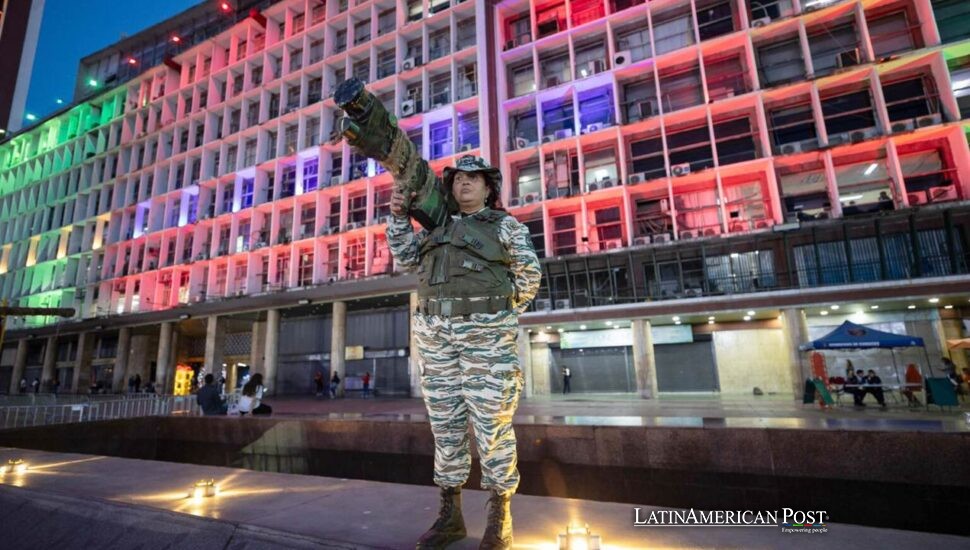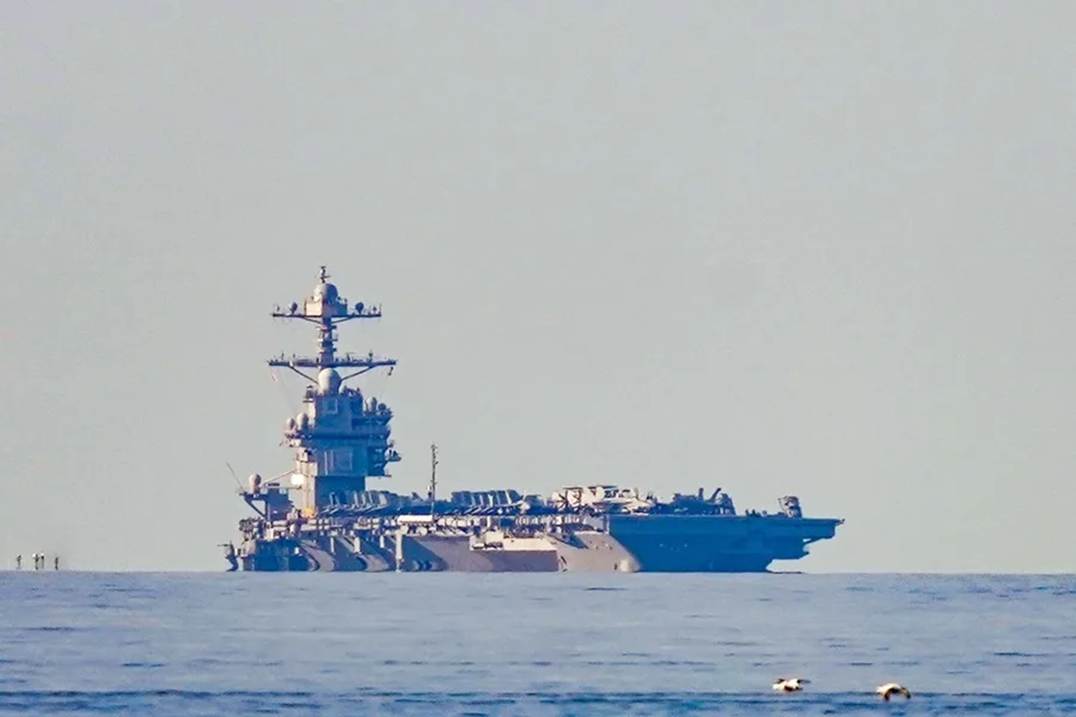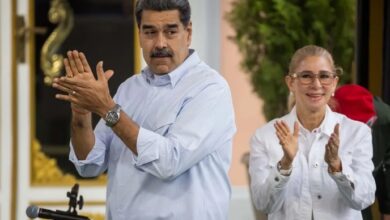Venezuela on the Brink: U.S. Warships, Trump’s Threats and a Nation Waiting for the Next Move

A tightening ring of U.S. warships now shadows Venezuela's coastline. In Washington, advisers debate whether President Donald Trump should unleash new operations, label Nicolás Maduro a terrorist, or open a diplomatic door. Inside the country, Venezuelans brace for a future that could veer toward negotiation—or ignite overnight.
From drug-war rhetoric to regime-change signals
For months, Washington has framed Venezuela as part of a grand fight against cocaine and synthetic drugs that kill Americans. But behind the scenes, officials are weighing something far more consequential. Four American officials told Reuters that the United States is preparing a new phase of operations against the Maduro government—one that goes well beyond routine counternarcotics missions.
The details remain deliberately blurred. Yet a senior U.S. official, speaking anonymously to Reuters, said Trump is ready to use "every element of American power" to halt drug flows and punish those who profit from them. Increasingly, U.S. officials describe Maduro not just as an authoritarian leader but as the head of a transnational criminal enterprise. This framing edges Washington closer to justification for more forceful action.
Maduro rejects every allegation. For years, he has called Washington's claims a pretext for intervention, warning that the armed forces would resist any attempt to unseat him. Even as U.S. officials talked of escalation, he was cheerfully promoting a glossy new television series about his life—an effort to project calm. At the same time, American ships maneuvered toward his coastline.
Behind the public showmanship, however, lurks a more dangerous truth: two U.S. officials told Reuters that the options under discussion include trying to remove Maduro from power outright. All four officials insisted on anonymity, underscoring how politically radioactive any final decision will be.
Covert moves and a Caribbean show of force
If Washington does intensify operations, the first steps may be invisible. According to officials who spoke with Reuters, Trump has already authorized CIA activities inside Venezuela, though their scope remains confidential. What is not confidential is the military hardware now casting long shadows across the Caribbean.
The Gerald R. Ford, the U.S. Navy's largest aircraft carrier, has arrived with its strike group—joined by at least seven other warships, a nuclear-powered submarine, and squadrons of F-35 jets. It is a display of force far beyond what is needed for narcotics patrols.
As the flotilla gathered, the U.S. Federal Aviation Administration quietly warned pilots of a "potentially hazardous" situation in Venezuelan airspace. Three major airlines cancelled flights. And Washington has already shown it is willing to use lethal force: at least 21 strikes on suspected drug boats in the Caribbean and Pacific since September, killing 83 people, according to U.S. figures reported by Reuters. Human rights groups told the agency these were extrajudicial killings, violating international law because the crews posed no imminent threat.
Publicly, Trump describes these as counter-drug operations. Privately, Venezuelans watching the carrier inch closer hear something louder: the sound of a conflict widening in slow motion.

A terrorist label that changes everything
Where Washington goes next may hinge on a legal designation. U.S. officials told Reuters that the administration plans to label the Cartel de los Soles—a trafficking network the U.S. alleges is run by Venezuela's military elite—a foreign terrorist organisation. In U.S. eyes, Maduro sits at the top of it. He calls the accusation pure fabrication.
A terrorism label opens a new legal universe. The U.S. can freeze assets, impose sweeping sanctions, prosecute anyone who provides "material support," and even justify military action against "terrorist infrastructure." Defense Secretary Pete Hegseth said the designation "brings a whole bunch of new options," and Trump has floated using it to justify strikes on Maduro's assets inside Venezuela.
That language marks a decisive shift—from targeting traffickers to treating an entire government as a terrorist entity. It is a classification that could make diplomacy almost impossible, even as two U.S. officials acknowledged to Reuters that back-channel conversations between Washington and Caracas have never fully stopped.
Coercion and negotiation now live side by side, creating a policy that is part pressure campaign, part shadow dialogue, and part gamble.
Between diplomacy, deterrence, and the risk of open conflict
Trump says he has not ruled out talks with Maduro and has hinted at meeting him "face to face." But his advisers tell Reuters they want to force change in Venezuela without launching a full-scale invasion. The emerging strategy is a volatile mix: sanctions, covert operations, offshore warships, and a looming terrorism designation meant to squeeze Venezuela's leadership while reassuring nervous U.S. allies in the hemisphere.
The risk lies in the space between intent and interpretation.
For Maduro, the U.S. military buildup is politically advantageous. It lets him frame domestic opponents as foreign pawns and rally nationalist sentiment. For Venezuelan civilians, the consequences feel more immediate. Flights are cancelled. Borders tense. Rumors move faster than facts. Many worry about waking up one morning to the news that a missile strike has hit a radar site or a port.
Abroad, the response has been uneasy. European and Latin American governments oppose Maduro's repression but also fear unilateral U.S. action that sidesteps the United Nations. Human rights groups quoted by Reuters warn that escalating from disputed boat strikes to targets on Venezuelan soil would mark a dangerous break with international law, almost certain to harm civilians.
Washington, for now, is stuck in a holding pattern—the carrier group cruising offshore, its jets ready, while lawyers and strategists debate how to proceed. Diplomats whisper about potential openings. Hawks push for more decisive action. And in Caracas, the government alternates between defiance and quiet outreach, unsure whether Trump will choose a back-channel handshake or a strike package.
Venezuelans themselves are left navigating a fog of threats and possibilities. They have lived through hyperinflation, blackouts, sanctions, mass migration, and political crackdowns. Now the question is whether their country is about to become the next front in a conflict framed as a drug war, recast as counter-terrorism, and laden with the unmistakable echoes of regime change.
Also Read: Costa Rica’s Broken Halo: Crime, Fear, and a High-Stakes Election




